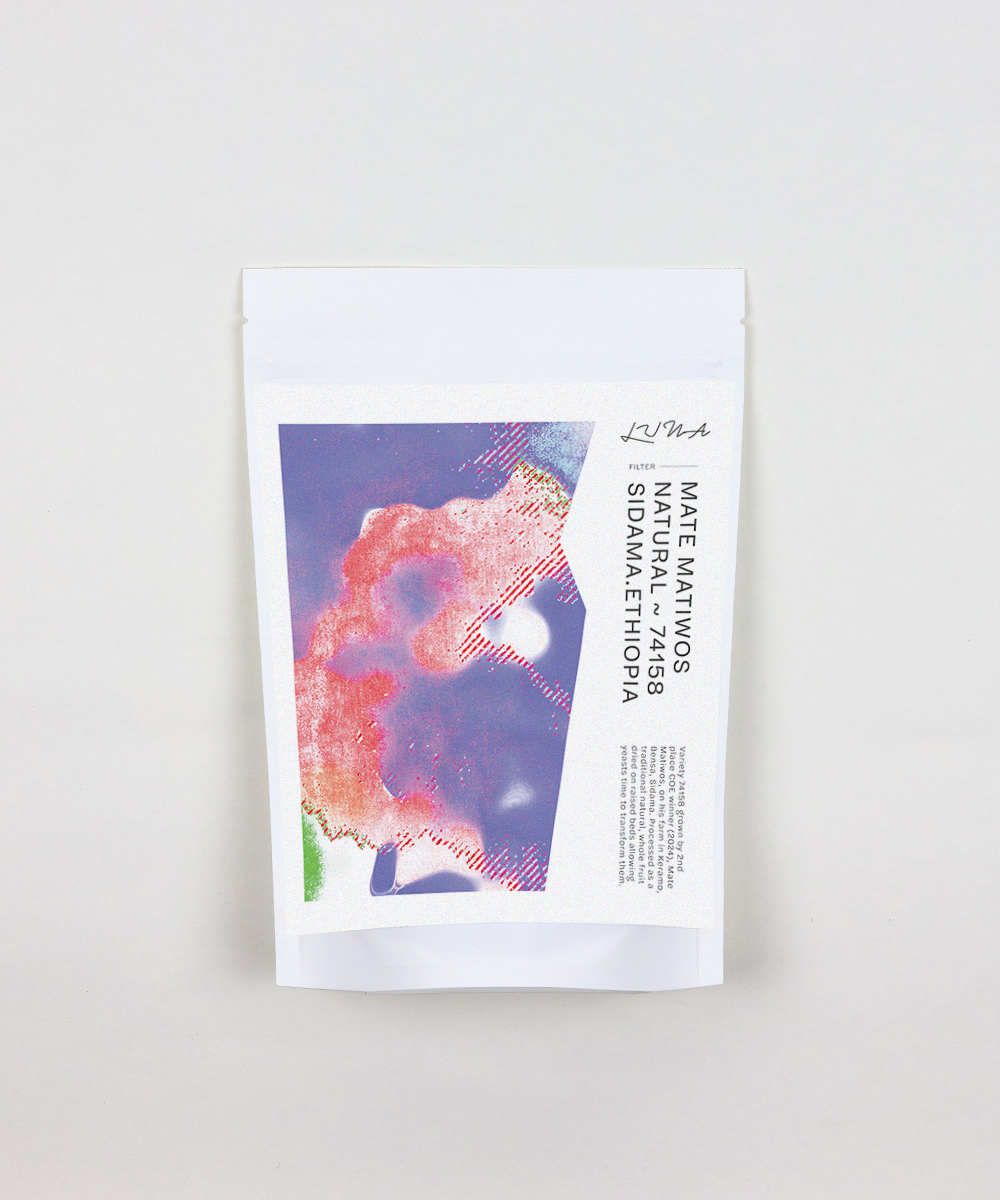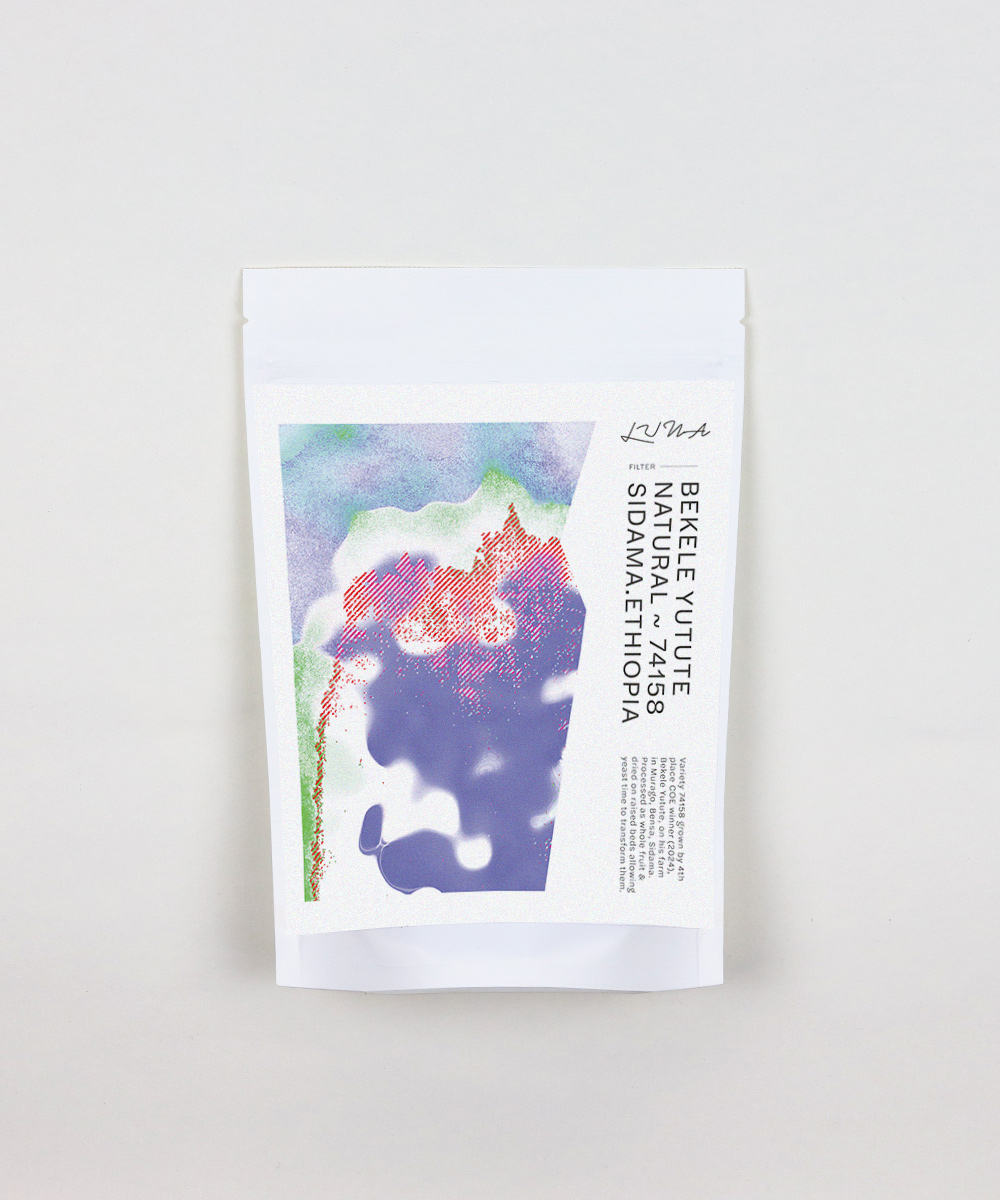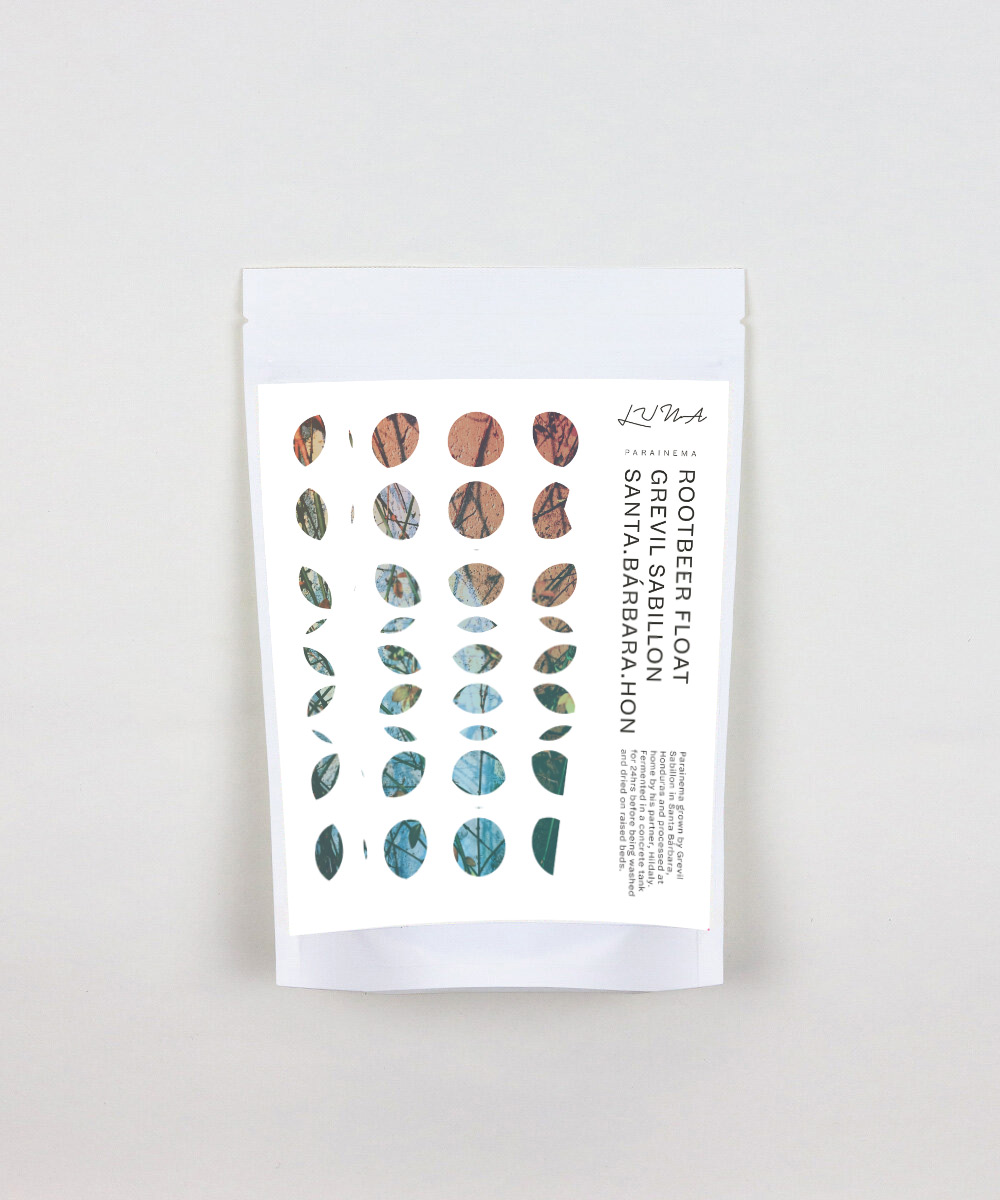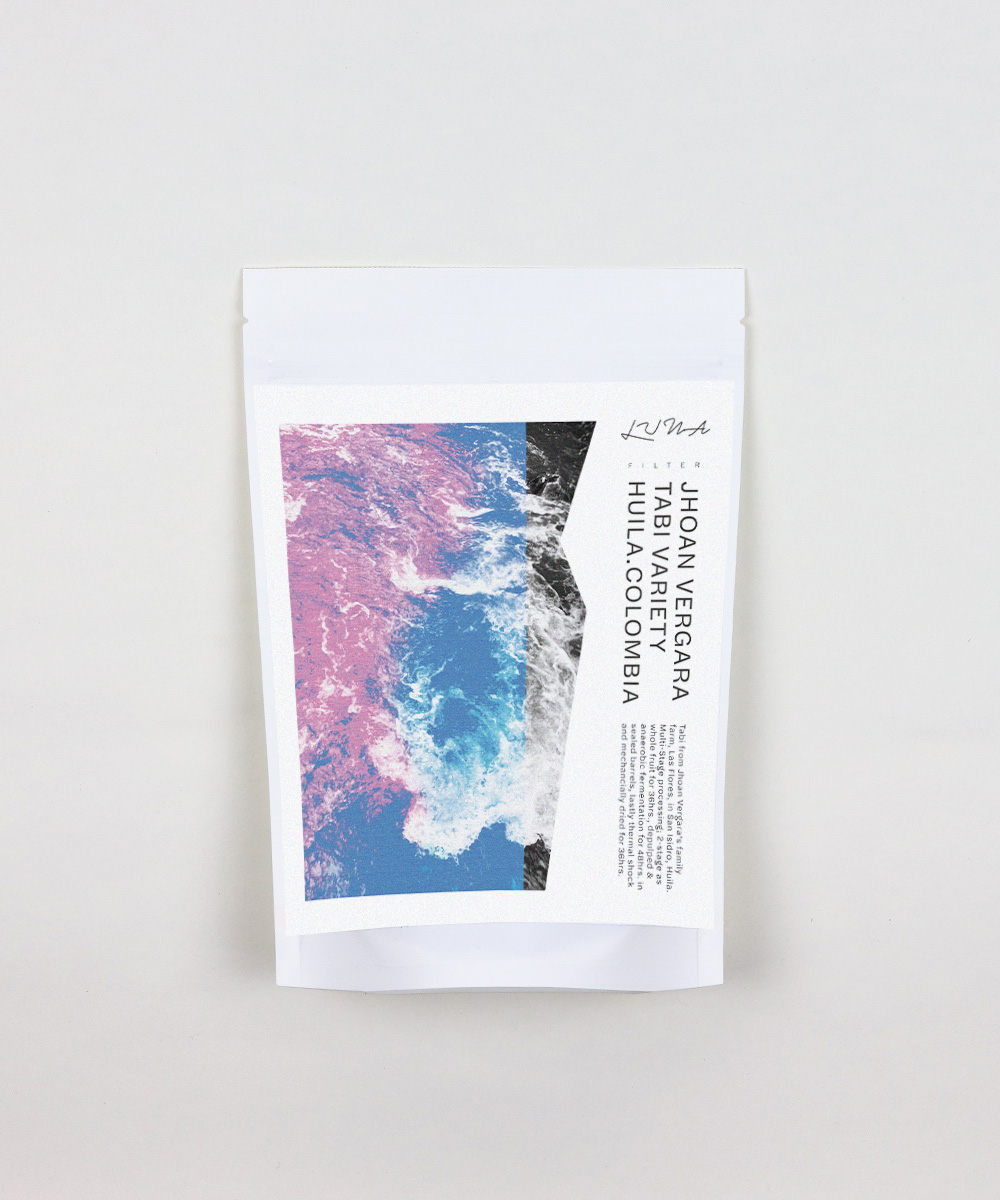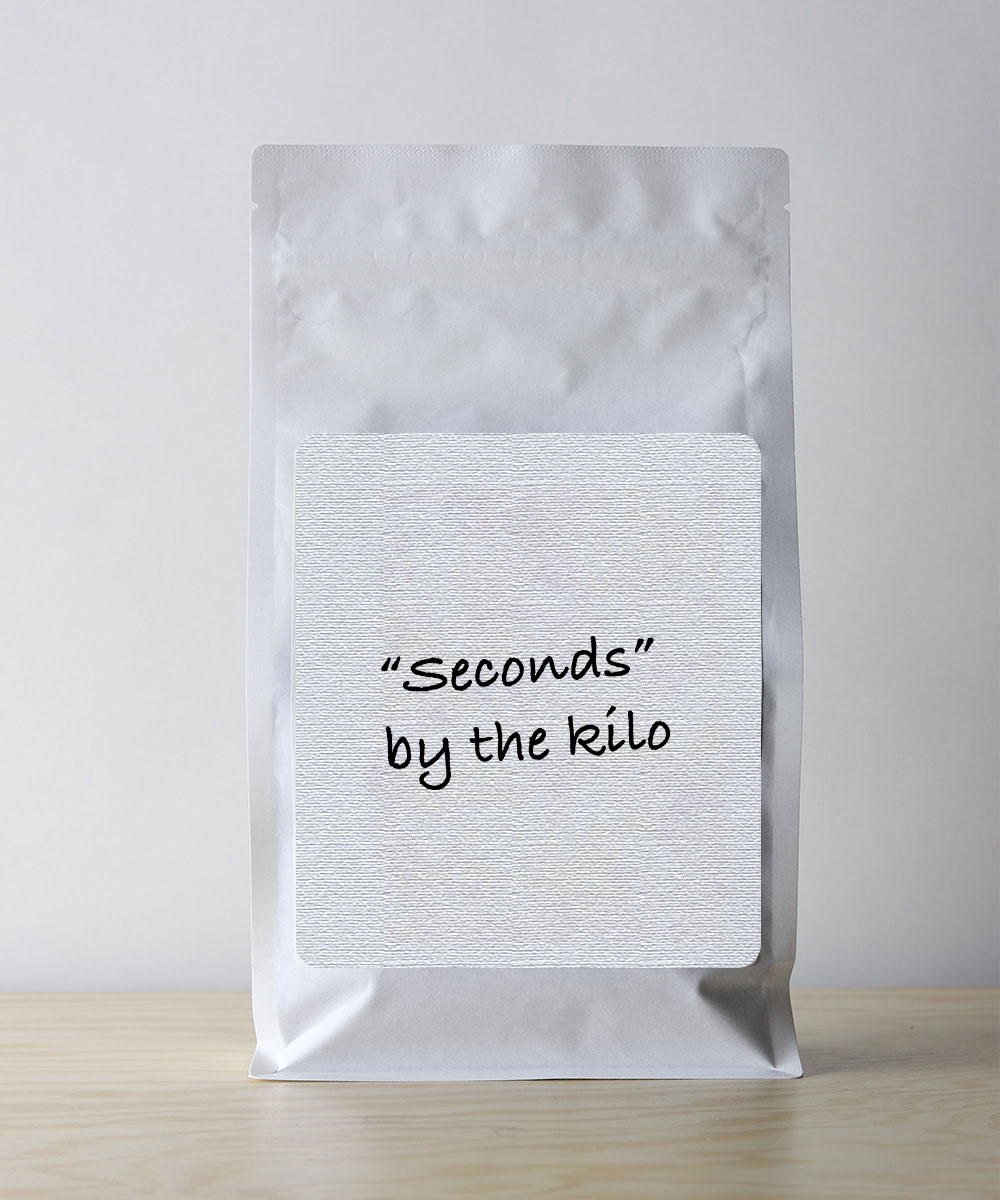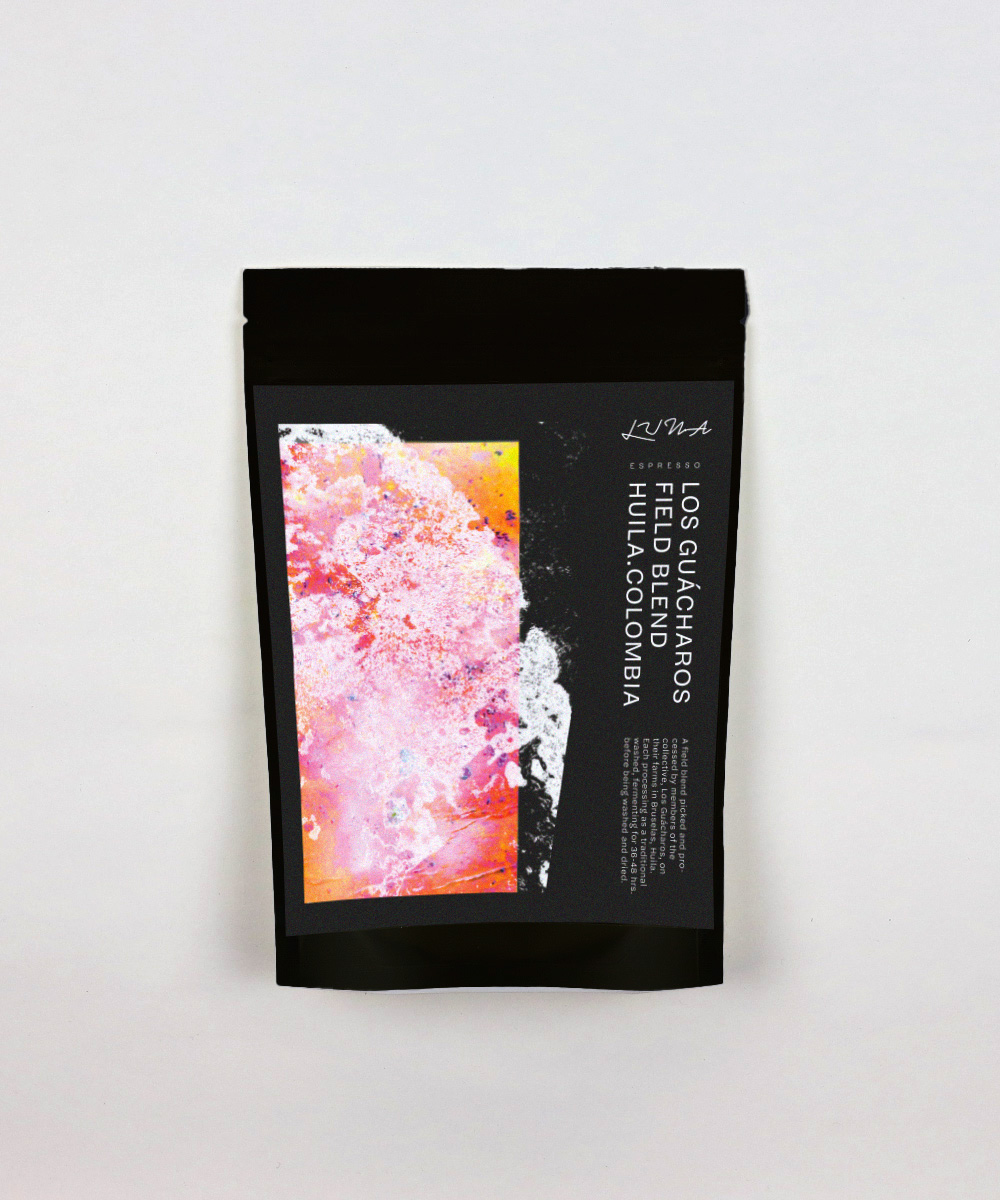Basha Bekele ~ White Honey | Sidama, Ethiopia
US$0.00
Producer: Basha Bekele
Place: Bombe, Sidama, Ethiopia
Variety: 75148
Processing: White Honey*
Harvest: Dec-January 2024
Cup profile: delicate fruits like dragonfruit & white mulberry, floral honey, with a pear-like acid profile
Variety 74158 grown by 1st place COE winner (2024), Basha Bekele, on his farm in Bombe, Bensa, Sidama. Depulped using a GEM single-disc hand pulper and processed as a washed before transferring to dry on raised beds with some mucilage remaining.
This coffee is incredibly special as it represents one of the very few fully traceable (to a single producer) lots to make its way out of Ethiopia. This is also Basha Bekele’s first attempt at a washed process, resulting in a unique take on 74158 variety.
*Processing
Sourced by Christopher Feran in partnership with Crop to Cup, Christopher developed the processing protocol and helped Basha Bekele (as well as neighbouring producers Bekele Belaychow, & Mate Matiwos) obtain a GEM single-disc hand pulper with the financial support of Crop to Cup.
Basha Bekele produced two small lots (in addition to a larger Natural lot that we will be releasing in December) for Crop to Cup, this one which was intended as Basha’s first attempt at a washed coffee, and a second one which Christopher Feran sold through his micro-roastery Aviary which underwent similar processing protocol with the addition of Lalcafe Intenso Yeast.
Christopher’s protocol begins with selectively hand-picked cherries, sorted for ripeness; floated; pulped using a GEM 1-disc hand-pulper into plastic drums; floated; fermented under clean water in shade for 48 hours, mixing every twelve hours; agitated to loosen mucilage; drained and dried on raised beds under shade for 25 days.
The processing of this lot is unconventional and entirely new to Basha Bekele, while the intention was to produce a fully washed coffee, there are plenty of nuances to processing, including calibration of the hand-pulper, and learning the precise timing for fermentation, upon removing the seeds from the submerged fermentation it was realized the mucilage hadn’t been removed fully and so was moved to raised beds to dry as one would with honey process, creating this incredibly unique coffee celebrating the intersection of intention and randomness, we’re so lucky to have, and to our knowledge is all that was produced.

